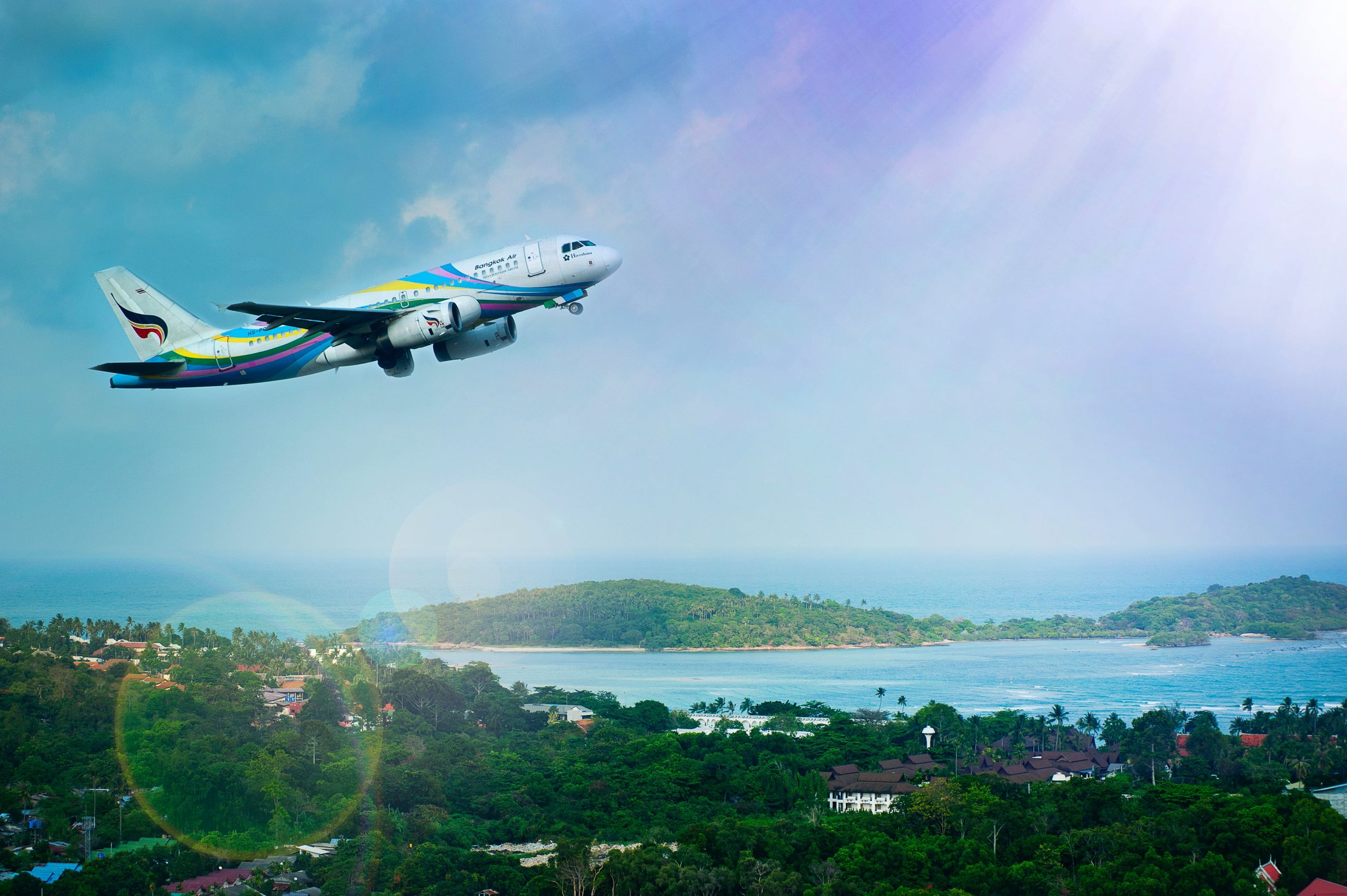Regenerative Tourism: Beyond Sustainability
In recent years, we have witnessed the rapid growth of tourism, positioning itself as one of the fastest-growing sectors, second only to technology, further boosted by the exponential advancement of artificial intelligence. As avid readers, we understand the economic impact of tourism and its crucial influence on sustainability. However, today I want to explore a type of tourism that is gaining increasing relevance: regenerative tourism. This approach goes beyond mere sustainability, aiming not only to mitigate environmental impact, but also to actively contribute to the restoration and improvement of the environment. Regenerative tourism is distinguished by activities designed not only to reduce the negative impact of conventional tourism, but also to enhance environmental resilience in the face of climate change. In response to current challenges in the tourism industry, this approach emerges as a necessary and responsible option. A prominent example of this model is The Good Concierge Project, featured on labuenahuella.org, highlighting Víctor Fernández Morales as Co-Founder and Project Director. Pula Golf Resort in Mallorca stands out as a leader in competitive regenerative hospitality. Since its establishment in 1996, the resort has been recognized for its commitment to Corporate Social Responsibility (CSR) and environmental policies. During the COVID-19 pandemic, it actively
Tourism 2024: navigating between challenges and opportunities
On the horizon of tourism for 2024, perspectives emerge as promising as they are challenging. The demand for sustainable tourism, with a focus on conserving natural environments and local culture, is expected to continue its ascent. Digitalization and the implementation of technologies such as artificial intelligence (AI) are transforming the visitor experience. However, this scenario also poses a crossroads for the sector: balancing the surge in demand with the urgent need to preserve the environment and, crucially, adapt to geopolitical tensions. Surge in demand and environmental sustainability According to the second World Tourism Barometer by the World Tourism Organization (UNWTO), international arrivals reached 80% of pre-pandemic levels in the first quarter of 2023. With 235 million tourists undertaking international trips during this period—more than double that of 2022—these figures reveal that, despite past challenges, tourism is regaining its vitality. However, this increased demand also underscores the urgent need to address environmental sustainability. In this context, a crucial question arises: How can the tourism industry meet growing demand without compromising natural resources and the cultural integrity of destinations? Digitalization, AI, and enhancement of visitor experience Simultaneously, digitalization and artificial intelligence have become key elements in the evolution of tourism. According to experts in an article


